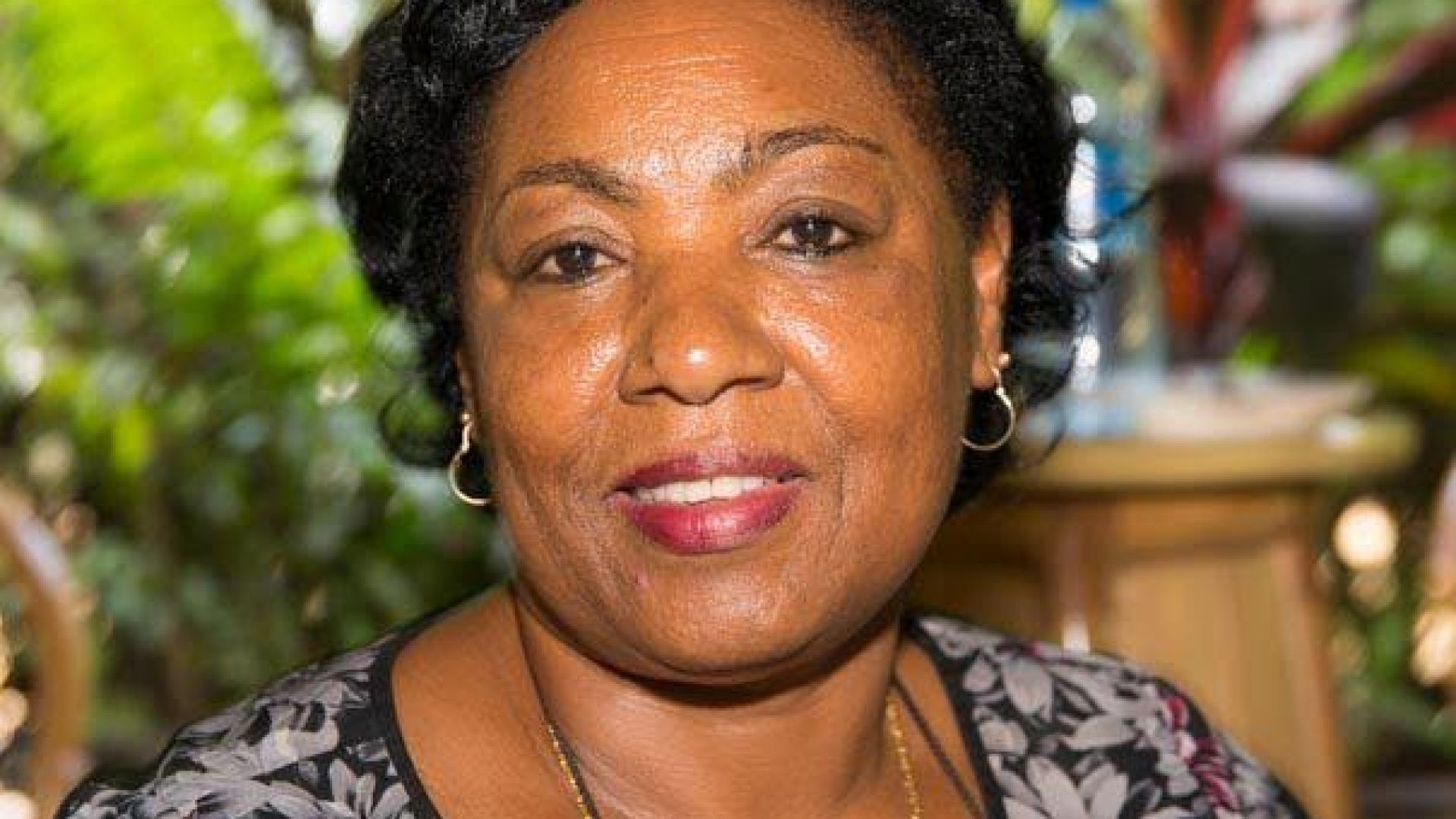
As part of our series to look at the stigma of palliative care in Africa, we interviewed Dr. Zipporah Ali, a palliative care physician and Executive Director of Kenya Hospices and Palliative Care Assoication (KEHPCA). Dr. Ali is a medical doctor with a masters degrees in palliative care. She has been working in palliative care since 1993, initially as a volunteer at the Nairobi Hospice, and later on as the Senior Medical Officer. She worked with Nairobi Hospice for 16 years, then left to set up KEHPCA.
GIPPEC: What inspired you to work in palliative care?
Ali: I started volunteering at the hospice after losing my brother to cancer. I saw the challenges, pain, and suffering that my brother and family faced and I decided I wanted to make a difference for other cancer patients.
GIPPEC: Recent research shows that there is a strong stigma attached to palliative care, with patients often linking it to death, dependency and hopelessness. Have you witnessed this stigma in your own work and how do these views differ between patient, family and health care providers?
Ali: Yes, I have witnessed stigma in palliative care. Among health care providers, there is fear that referring patients for palliative care means that we admit that the patients are dying and that we are giving up on them. Health care providers who have not received any palliative care training are simply not aware or do not know where and how to refer patients. There are also physicians or oncologists who are trained but are still hanging on to their patients. However, with increased training and awareness, this is now changing. We have more patients who are being referred for palliative care.
Among patients, when being referred to palliative care, they feel that everyone has given up on them - the doctor, nurses and even their family. Family members, likewise, feel they are giving up on their loved ones, almost abandoning them. Palliative care in Kenya started as a hospice service, and that is what has stayed in peoples' minds. Now, we are trying to change this by focusing on the positive picture and on quality of life.
GIPPEC: As an active advocate for pain management and palliative care, what do you think are the unique challenges when working with the Kenyan population?
Some challenges include misconception of palliative care, myths about opioids and death, insufficient support from the government and local donors, lack of knowledge and skills among health care professionals to assess and treat pain, and general attitudes of the public, such as believing that palliative care is for those who cannot afford treatment.
GIPPEC: What do you think needs to be done to break the stigma associated with palliative care?
Advocacy and education! Advocacy on all levels including the government and public. There needs to be campaigns to create awareness at all levels of care, at the community level, across all counties in Kenya using common language or even local languages. We need to identify and work with champions at the county and community levels. We need to make palliative care everyone's business.